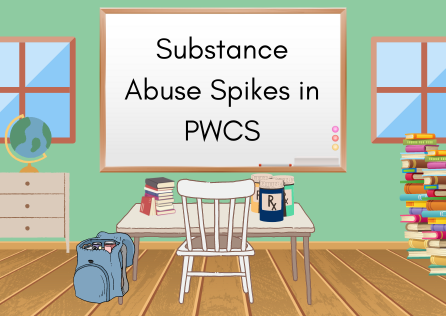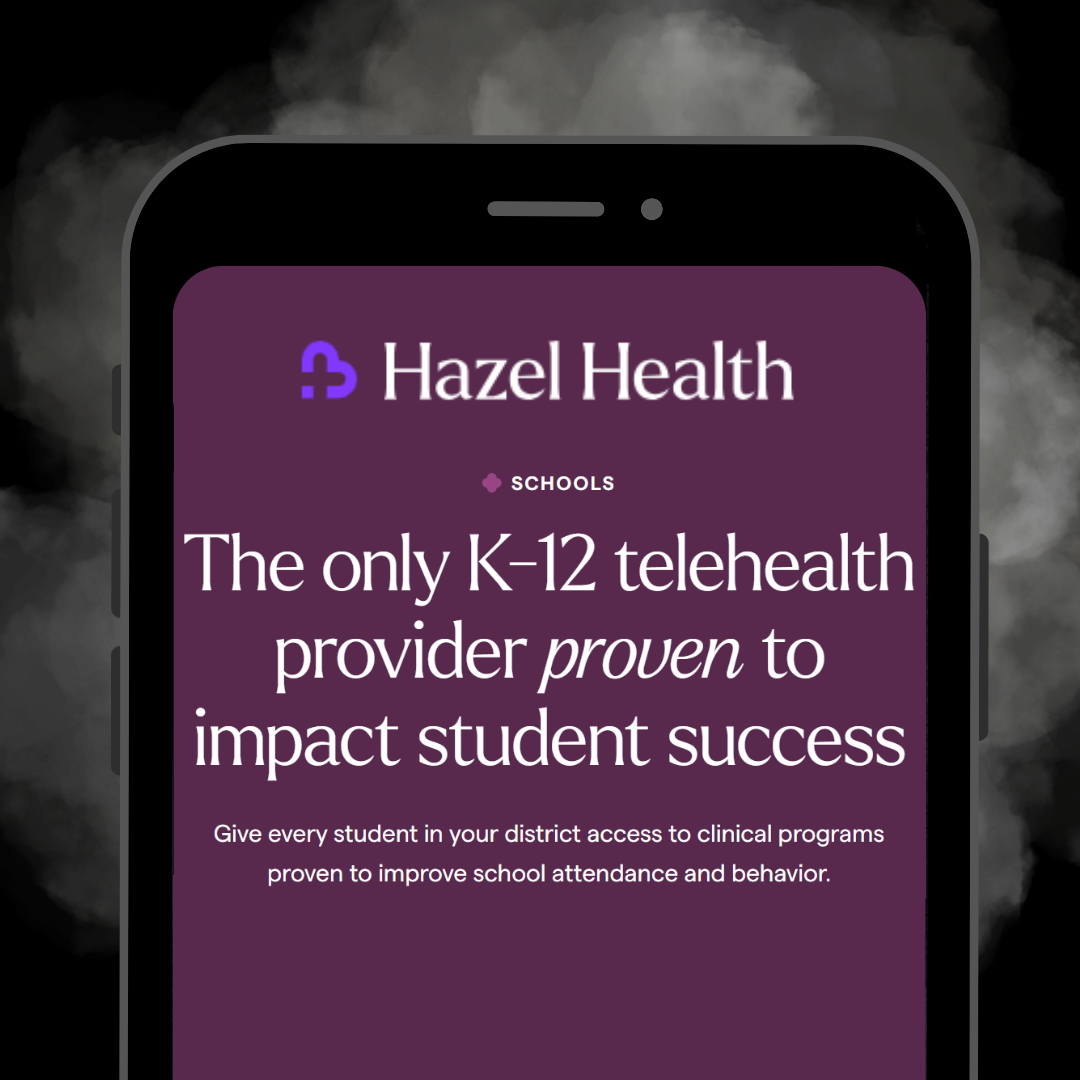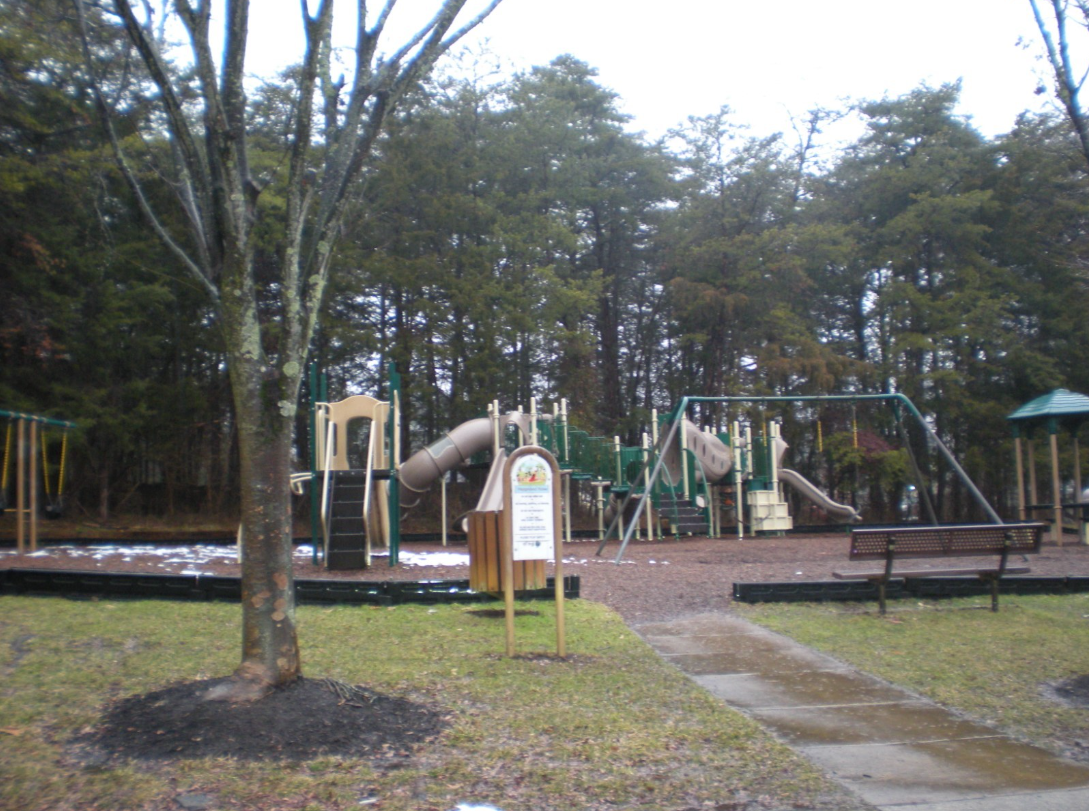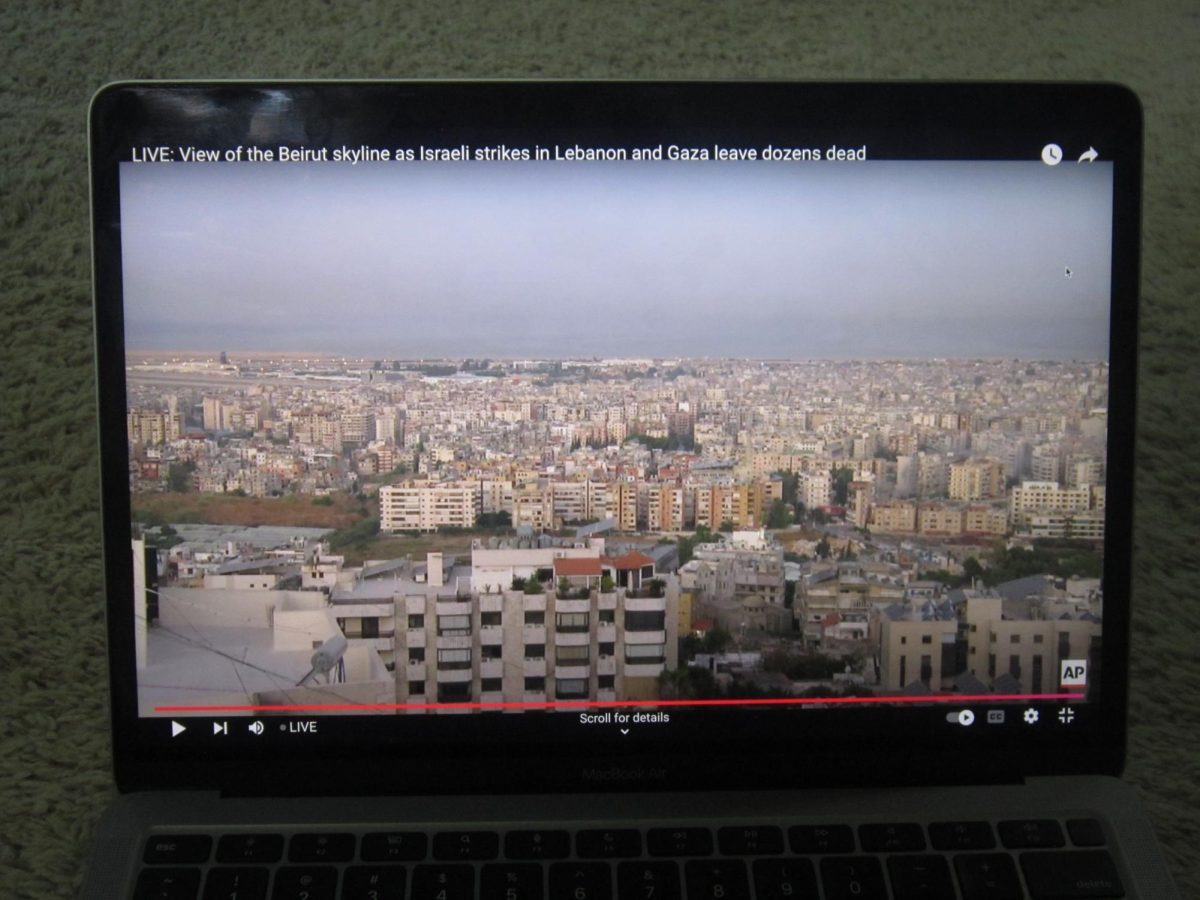Prince William County recently reported three teen overdoses in a five-day period, including one resulting in the unfortunate death of a Prince William County Schools (PWCS) student in December of 2022. According to the Prince William Police Department, the incidents are connected to counterfeit Percocet pills laced with fentanyl, referred to as “Perc30.”
Eight months prior, there were another two teen overdoses, both of which sadly resulted in death and were again connected to fentanyl-laced Percocet. The teens, just 14 and 15 years old, died within hours of each other.
Drug abuse in Prince William County has been increasing over the last few years. The April Behavior Report, first obtained by WUSA9, showed a startling increase in alcohol/drug related violations. In quarter 1 of the 2019-20 school year, there were 134 violations. Jump to quarter 3 of the 2021-22 school year, there were 346. That’s a 158 percent increase between the two years. Along with drug abuse, the report also shows an increase in fights and violence in school buildings.
Patriot High School’s School Resource Officer Sarah Khalid said, “During the isolation phase, children weren’t being held accountable; parents didn’t even know. So, either you could [use substances] in the luxury of your own room or you could go outside,” confirming that she’s seen an increase in substance abuse at Patriot since the pandemic and subsequent isolation.
PWCS excels and outpaces hundreds of counties both within and outside Virginia from many perspectives. The county has won awards for academics, sustainability, and more. It’s a highly rated school district which hosts vast opportunities and resources for students to achieve their goals.
So, it’s unsurprising that PWCS isn’t aligned with the rest of the nation when it comes to adolescent substance abuse. Surprisingly, that’s a negative thing because when you look at the data, it actually means we’re behind the rest of the nation.
A survey given out at Patriot High School’s showed that 65% of students believe that the county has a substance abuse problem. In addition, 59% of students agreed that the substance abuse problem extends into Patriot itself.
According to both the Centers for Disease Control and the National Institute on Drug Abuse (NIDA), adolescent drug use in the United States has gradually been declining for decades. Despite increased mental health issues and the ongoing opioid crisis, from 2020 to 2021 there was a significant drop in adolescent substance abuse. In 2022, that held steady, not declining much but not increasing either.
Nora Volkow, M.D., NIDA director said in an NIDA new release that, “It is encouraging that we did not observe a significant increase in substance use in 2022, even as young people largely returned to in-person school, extracurricular activities, and other social engagements.”
The NIDA 2021 Monitoring the Future Survey showed a decrease in U.S. Students Reporting Any Past-Year Illicit Drug Use. 12th grade saw a 4.8% drop, 10th grade at a decrease of 11.7%, and 8th grade at a 5.4% decrease.
Unlike the rest of the country, adolescent drug abuse in Prince William County Schools is on the rise, especially in high schools. It’s not only PWCS, this trend is also reflected in the surrounding counties including Fairfax County Public Schools.
On the PWCS website, there is a tab designated to talking about prevention. It offers information on warning signs of abuse, pictures identifying counterfeit pills, links to various websites and organizations, registration for REVIVE!, and a list of treatment facilities. There’s also a tab on Health and P.E. where the standards of learning, including substance use, can be found.
This is inarguably necessary and important information to have, but what’s notably missing is information on what’s being done outside the few health periods required for Freshman and Sophomore students.
Denise Huebner, Associate Superintendent for Student Services and Post-Secondary Success in PWCS filled in some of these missing pieces. She said, “We have a very comprehensive substance abuse program, and we have a coordinator for substance abuse. We have medicine safety as a part of our curriculum that we teach in schools through either our Health and P.E. department or counselors… we really reviewed all of our medication lessons and substance abuse prevention lessons to make sure that those are on track and updated them with the resources that we received.”
She also discussed programs that are offered to student’s who have been referred to as abusing substances. “We have a substance abuse early intervention program that is in place and it’s a six-week education program that’s designed for students who are referred to us. I also oversee student management alternative programs and so when kids have infractions or instances of violating the code behavior which is related to substance use or possession, there’s an option for schools to have parents and students attend. It’s really an informational session that helps connect them and be aware of resources that are in the county.”
Huebner recognizes that students “have to be safe and well” to receive the education PWCS strives to give. She said, “Giving them the tools to think and make good choices but also connecting them with the resources [that] would help them [is part of that],” referring to students who may be struggling with substance abuse. That also includes a new opioid task force that is reviewing how the county provides Narcan and Narcan training.
Naloxone, sold under the brand names including Narcan is a medication used to reverse the side effects of opioid overdose.
Khalid reassured that she carries Naloxone at all times and along with the school nurse and additional security and staff members in the building, is trained to administer the medication whenever deemed necessary.
Khalid gave insight into Narcan availability in school, and Huebner offered several resources that have been in place to help students struggling with substance abuse. Yet, as a PWCS student seeing how these actions and programs have played out in a high school setting, I don’t feel it’s enough yet. There’s so much focus on intervention, such as the many programs students can be enrolled into, but not much on prevention or education.
Typically, most of the conversation about substances with adults in the school takes place in the Health and PE classes Huebner mentioned. However, those last a few class periods and is rarely revisited. Students who have not previously been caught with or reported using substances are not typically checked up on again after this time. There are “advisory” class periods where the topic is occasionally discussed, but other than that and the few days of health class, that’s all.
When asked if they believed substance abuse issues are addressed appropriately and thoroughly at Patriot, 51% of students said no.
Additionally, some students left comments elaborating on the issue such as:
- I feel like once we leave health classes as freshmen and sophomores, no one really addresses the dangers of substance abuse and drugs. Also, people rarely pay attention in those kinds of classes, and there are never many pushes outside of health class to stop substance abuse.
- All I know is that security solves the drug problem by closing up the bathrooms, yet I feel the problem isn’t solved
- You can walk into any boys bathroom and find someone vaping. I feel like phs focuses more on punishment as a deterrent to vaping instead of better education, so many kids have vapes unregulated by the FDA and they have no idea the danger of smoking what they’re smoking.
- I’m not sure to what extent Patriot goes to prevent substance abuse, but there isn’t really that much that can by done by Patriot alone
- I feel like even in middle school we had more of a push against drug abuse. Once we hit high school, it almost felt like there was a shift in seriousness, and everyone is aware that there are people who abuse these substances but not much is done about it…
- Teens use drugs a lot of the time due to peer influence and don’t realize until later on how addicted they are to it
Note that PWCS does hold optional information nights and events dedicated to educating parents and students on substance abuse and prevention. However, seeing it from the perspective of a student who attends school with students using substances, it’s unlikely the families who need this information the most are attending those events.
Intervening in, and more so, preventing, substance abuse is a continuous process. An occasional video during advisory and information nights that don’t get the attention necessary to make a vast difference won’t suffice. Normalizing conversation in the classroom about mental health and struggles will make a start though.
One study shows that the most effective approaches to substance abuse is skills based. Students should be taught to deter early-stage drug use through education on social and environmental influences that may put pressure on a student. Research also shows that whatever method is used, it needs to be delivered at methodical, critical times such as the move from middle to high school.
There are several more strategies and programs researched, studied and proven successful that can be implemented. These include behavioral focuses that emphasize recognizing and reducing peer pressure and others that include understanding biological and emotional needs. Any way it’s done, it needs to be continuous and cannot be restricted to a few health classes and occasional conversations in advisory periods.
Among everything, one of the most important and helpful messages that can be conveyed and was shared by both Khalid and Huebner is that, if you are struggling with substances, seek help from a trusted adult. Once you make them aware, they can give you the resources and aid you need.
